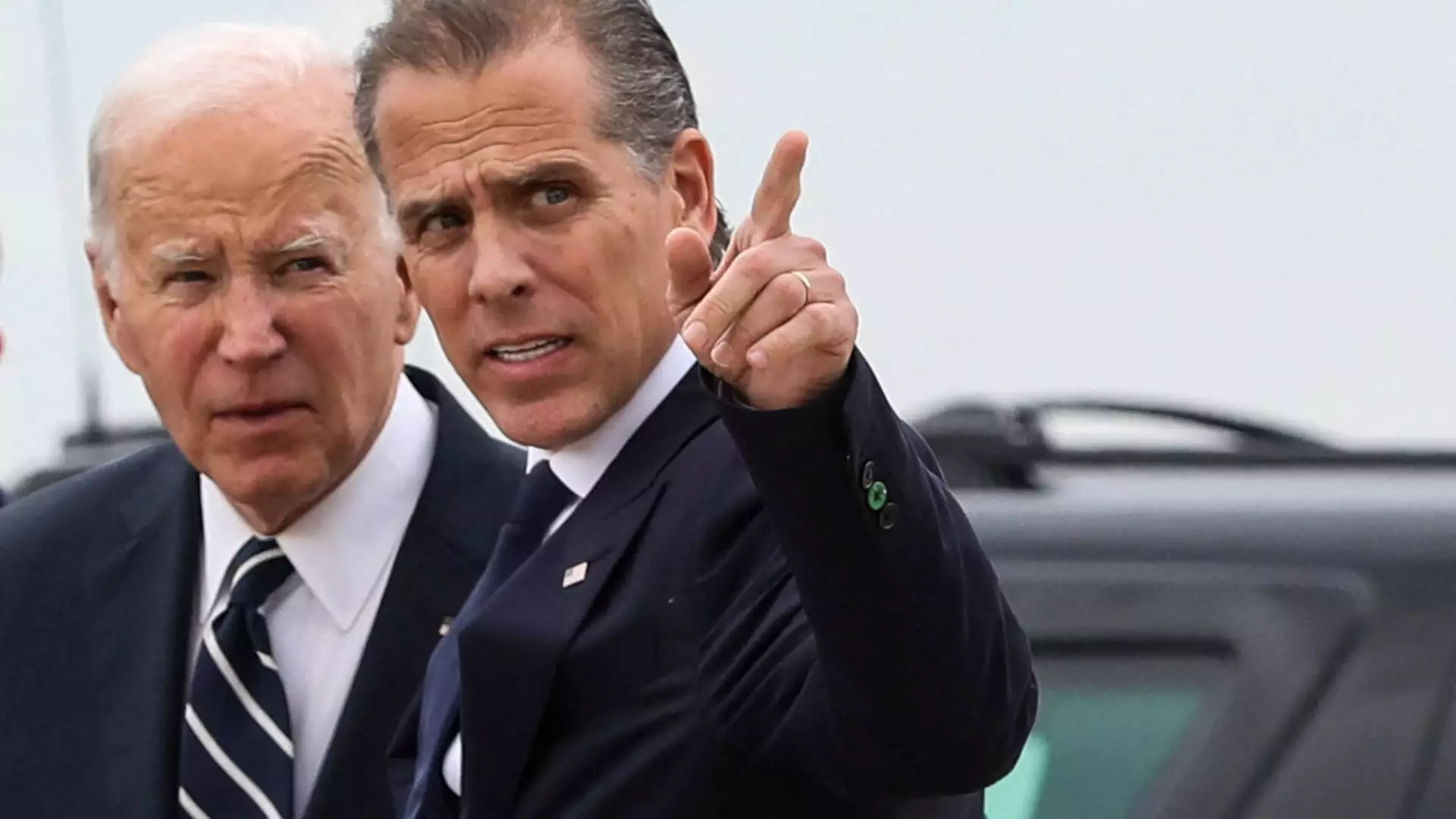In the realm of political leadership, there’s a persistent narrative that leaders are infallible, resilient figures capable of enduring any physical or mental challenge without flinching. This myth is not only unrealistic but dangerously misleading. When cracks appear in the veneer of strength—such as recent revelations about President Joe Biden’s health and medication use—public trust begins to erode. Such disclosures force us to confront uncomfortable truths: our leaders are as vulnerable as any other individual, and their personal struggles can have far-reaching consequences for their ability to govern effectively.
The tendency to conceal health issues stems from a desire to protect the image of strength and stability. Yet this concealment often leads to a credibility deficit once the truth inevitably surfaces. The case of Biden allegedly taking Ambien before a critical debate exemplifies how secretive health management may serve short-term political interests but ultimately damages public confidence. Leaders should be encouraged to be honest about their health, fostering a culture where transparency is viewed as a strength rather than a weakness. Only then can voters genuinely assess the fitness of those in power, rather than accepting superficial appearances.
The Cost of Hidden Health Issues on Democratic Integrity
Biden’s recent candid remarks about his medication use cast a harsh light on how health issues, if concealed or misunderstood, threaten democratic accountability. When a leader’s mental sharpness and physical stamina come under scrutiny, it is vital that such concerns are addressed openly and without stigma. Yet, the ongoing investigation into Biden’s cognitive fitness, compounded by the invocation of constitutional rights by administration officials, reveals a troubling reluctance to confront uncomfortable truths directly.
By hiding their health struggles behind a curtain of secrecy, leaders undermine the very foundations of democratic transparency. Citizens deserve honesty—not just about policies, but about the physical and mental state of those entrusted with power. When health issues are denied or dismissed, it fosters skepticism and feeds conspiracy-minded narratives that erode the legitimacy of leadership. An accountable democracy must prioritize truthful communication over political expediency, especially when the stakes involve national stability and the integrity of elections.
The Personal Struggles of Leadership and Their Broader Implications
It is inherently human for presidents and politicians to grapple with aging, fatigue, and health challenges. These struggles do not disqualify them from service, but they demand acknowledgment and support from the system. The narrative that leaders must be superhuman creates dangerous expectations—expectations that discourage candid conversations about health and well-being.
The recent revelations about Biden’s sleep aid usage underscore a broader issue: how society undervalues the humanity of those in power, often forcing them into an uncomfortable shadow of secrecy. This system fosters an environment where vulnerability is perceived as a liability rather than a natural part of human experience. Politicians who openly discuss their health issues could normalize honesty and reduce the stigma, leading to a more compassionate and understanding political culture.
Such transparency would also compel political parties and institutions to reevaluate their standards for leadership. Mental agility and physical resilience should not be mistaken for an absence of age-related decline. Instead, the focus should shift toward creating supportive structures that allow seasoned leaders to serve effectively—acknowledging aging and health challenges as factors to be managed, not hidden or ignored.
Why We Must Reconsider the Cult of Personality in Politics
The obsession with a leader’s unassailable image often overshadows the importance of genuine wellness and honesty. When a politician’s health becomes a taboo subject, it fuels distrust and cynicism, jeopardizing the credibility of the entire political process. Voters have every right to demand transparency—not just about policies and decisions but about the personal well-being of those who make them.
An honest discussion about health and aging can foster a more realistic and humane standard for leadership. It can serve as a reminder that effective governance depends not on superhuman abilities but on honesty, resilience, and adaptive support systems. Leaders who acknowledge their limitations and seek help demonstrate strength of character and inspire public trust. Conversely, continuing to hide vulnerabilities only deepens public skepticism and fuels divisive narratives that threaten the cohesion of a democratic society.
By shifting the focus from an impossible ideal of perfection to a more authentic and compassionate view of leadership, society has an opportunity to redefine what it means to serve with integrity. Recognizing that vulnerability can coexist with strength might be the key to revitalizing the credibility of those in power—and restoring faith in our political institutions.

